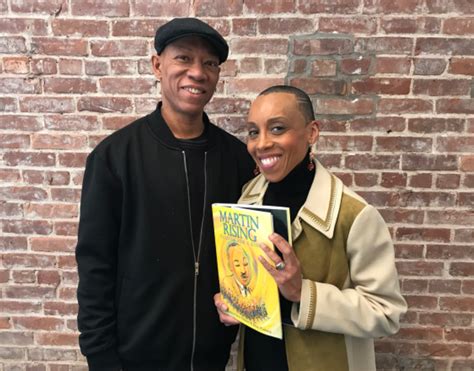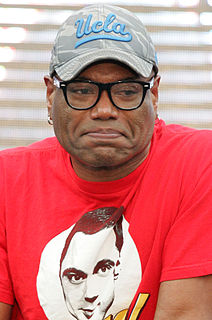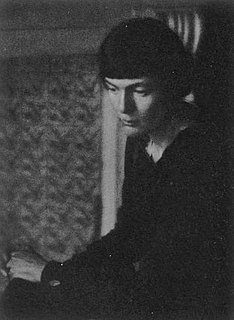A Quote by Jacques Barzun
Writing, at least a craft and at its best an art, aspiring to the unique, is the most difficult to learn.
Related Quotes
Writing for publication is an art, a craft, and a business, so you need to develop skill sets in multiple areas. You need to learn how to be a marketer just as much as you need to get past your influences and develop your unique prose voice. And you can't do it alone. You need a strong emotional support system to help cope with the frustrations and setbacks.
Art is craft: all art is always and essentially a work of craft: but in the true work of art, before the craft and after it, is some essential durable core of being, which is what the craft works on, and shows, and sets free. The statue in the stone. How does the artist find that, see it, before it's visible? That is a real question.
The craft of writing is all the stuff that you can learn through school; go to workshops and read books. Learn characterization, plot and dialogue and pacing and word choice and point of view. Then there's also the art of it which is sort of the unknown, the inspiration, the stuff that is noncerebral.
The advice that I can give anyone wanting to be in the biz: do all the work, learn your craft. There are no shortcuts. If you stay with it, you will get an opportunity. Whether you make the most of an opportunity depends on if you are prepared. Learn your craft, every aspect of it. Eat it, drink it, sleep it, then when you are the most prepared, you can make the most of it.




































